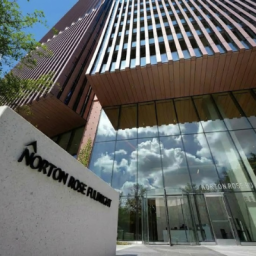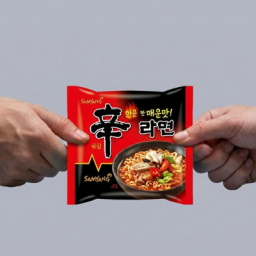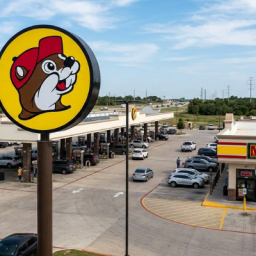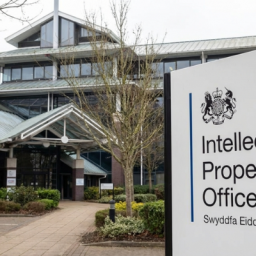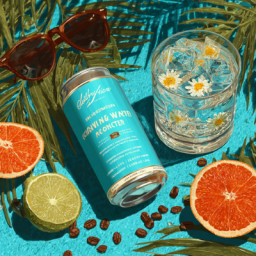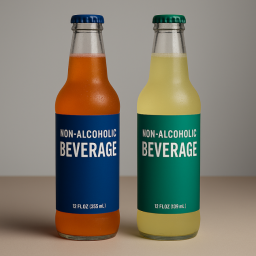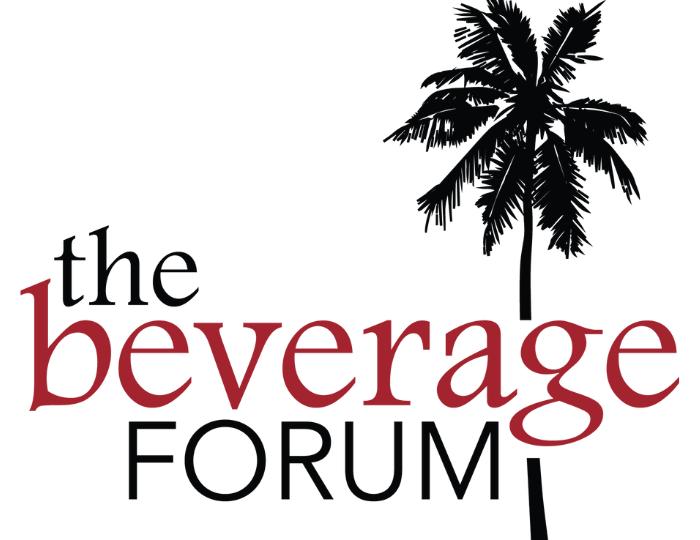
At the 2025 Beverage Forum in Manhattan Beach, California, industry leaders convened to discuss the evolving landscape of beverage innovation. A highlight was the collaboration between Formula 1 champion Lewis Hamilton and Casa Lumbre CEO Moisés Guindi on their non-alcoholic spirit brand, ALMAVE. Their partnership exemplifies the potential of strategic alliances in the beverage sector, emphasizing the importance of aligning innovation with market expectations.
As the beverage industry continues to evolve, strategic partnerships have become a cornerstone for innovation and market expansion. These collaborations, while offering numerous opportunities, also present complex legal challenges that require careful navigation.
Key Legal Considerations in Beverage Partnerships
1. Co-Branding and Licensing Agreements
Strategic partnerships often involve co-branding initiatives and licensing agreements. It’s crucial to delineate the scope of each party’s rights and responsibilities clearly. This includes defining the use of trademarks, revenue-sharing models, and quality control measures.
2. Trademark and Brand Ownership
In joint ventures, establishing clear ownership and usage rights for trademarks and trade dress is essential. Ambiguities can lead to disputes and dilute brand value. Our firm provides comprehensive counsel on securing and enforcing trademark rights, ensuring that brand assets are protected throughout the partnership lifecycle.
3. International Expansion and Regulatory Compliance
Collaborations often aim to penetrate international markets, introducing additional layers of regulatory complexity. Navigating varying international laws, such as those governing non-alcoholic beverages, requires strategic planning.
4. Intellectual Property Protection
Protecting intellectual property (IP) is paramount in strategic partnerships. Ensuring that IP rights are clearly defined and enforced prevents potential conflicts and safeguards the unique elements that differentiate a brand in the marketplace.
5. Quality Control and Brand Integrity
Maintaining consistent quality across products and services is vital for brand integrity. Partnership agreements should include provisions for quality control measures, regular audits, and compliance standards to ensure that all products meet the established brand criteria. Our firm assists in drafting these provisions to uphold brand reputation.
6. Dispute Resolution Mechanisms
Disagreements can arise in any partnership. Having predefined dispute resolution mechanisms, such as arbitration clauses or mediation procedures, can facilitate efficient and amicable resolutions.
Frequently Asked Questions
Question 1: What are the essential elements of a co-branding agreement?
Answer 1: A comprehensive co-branding agreement should outline the scope of the partnership, define intellectual property rights, establish revenue-sharing arrangements, and set quality control standards to maintain brand integrity.
Question 2: How can companies protect their trademarks in international collaborations?
Answer 2: Companies should register trademarks in each target jurisdiction and include provisions in partnership agreements that specify usage rights, enforcement mechanisms, and dispute resolution processes.
Question 3: What regulatory considerations are involved in launching a non-alcoholic beverage internationally?
Answer 3: Regulatory requirements vary by country and may include labeling standards, ingredient approvals, and marketing restrictions. It’s essential to conduct thorough legal reviews to ensure compliance with local laws.
Question 4: How can legal counsel facilitate successful beverage partnerships?
Answer 4: Legal counsel can provide strategic guidance on structuring agreements, protecting intellectual property, navigating regulatory landscapes, and managing potential disputes, thereby laying a solid foundation for successful collaborations.
Conclusion
Strategic partnerships in the beverage industry offer immense opportunities for innovation and market expansion. However, they also present complex legal challenges that require careful navigation. Juris Law Group, P.C. provides comprehensive legal support to ensure that these collaborations are structured effectively, protect brand integrity, and comply with all regulatory requirements. By addressing these legal considerations proactively, companies can forge successful partnerships that drive growth and innovation in the dynamic beverage market.
For more information on how Juris Law Group, P.C. can assist with your beverage partnership initiatives, please contact us.
